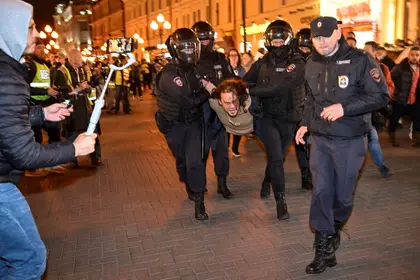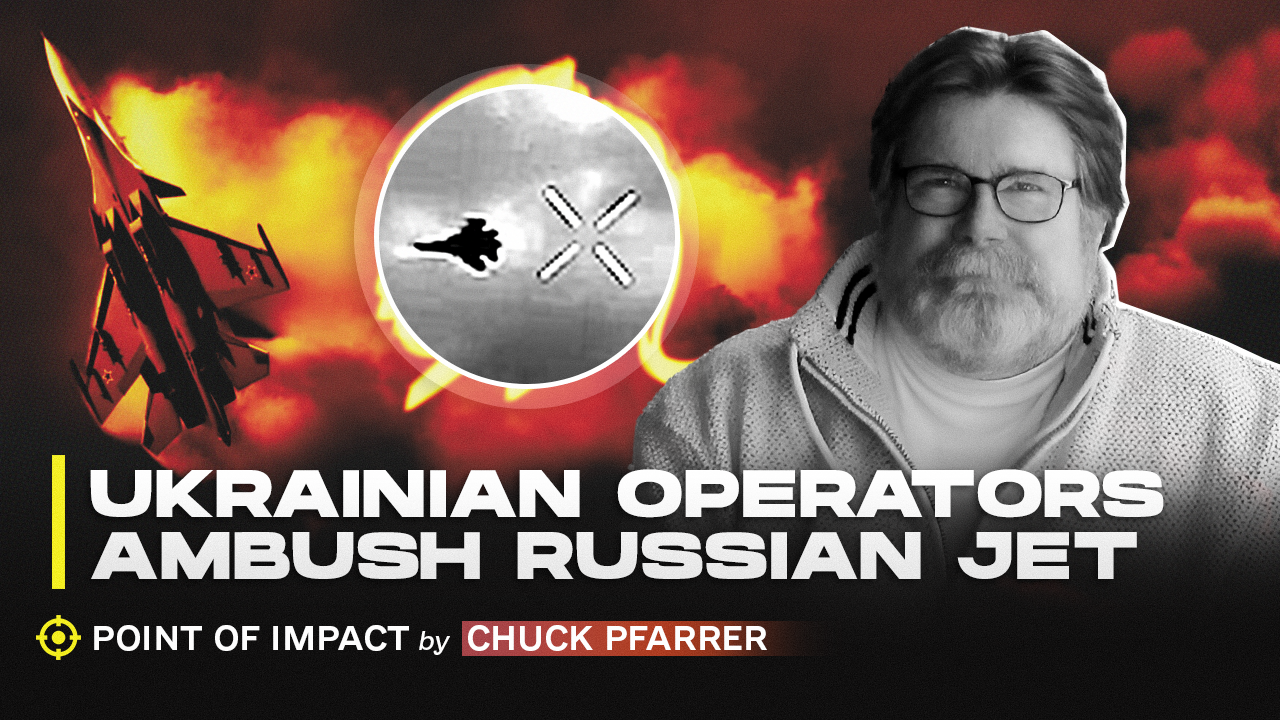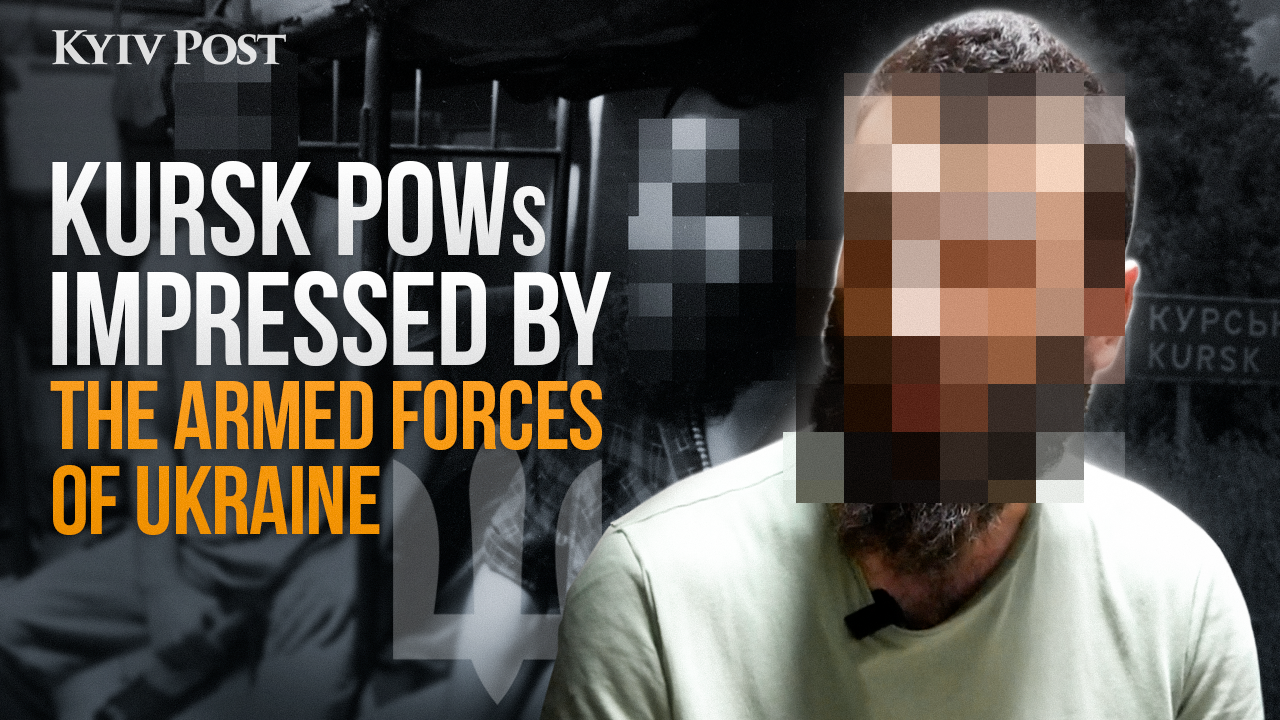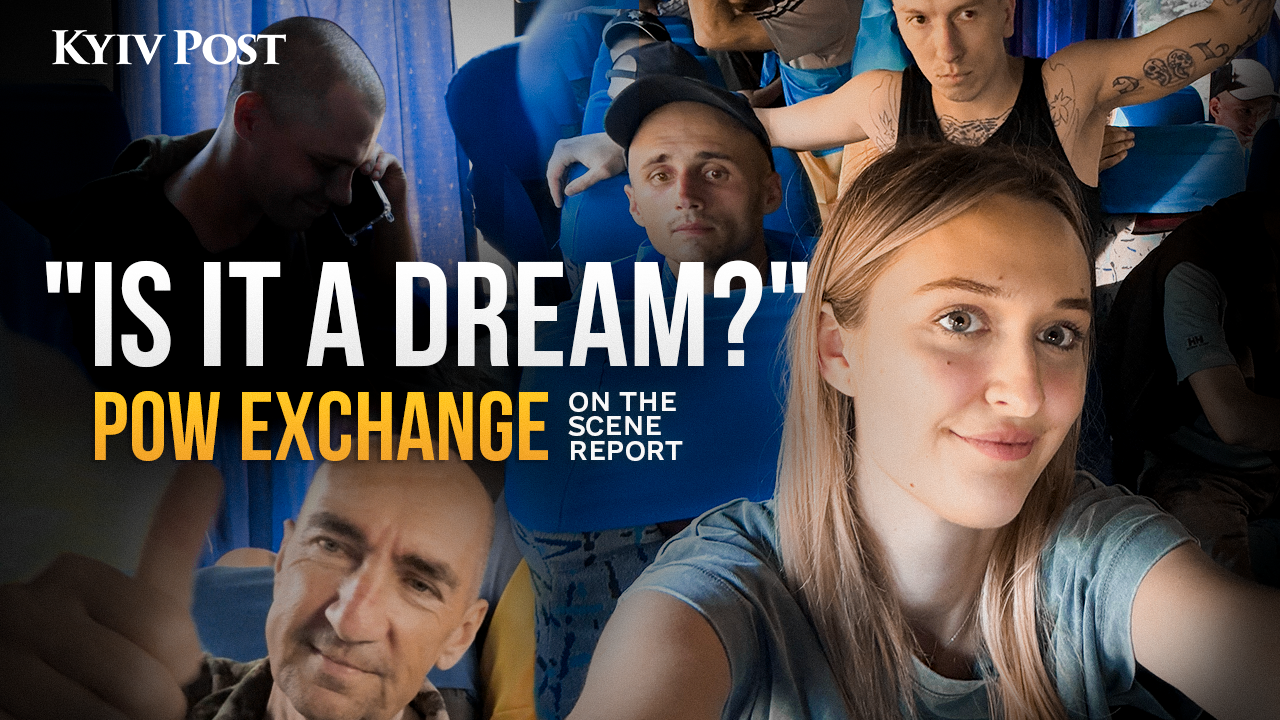In October, the UN Human Rights Council (HRC) appointed Mariana Katzarova, a Bulgarian human rights expert, as the special rapporteur to investigate the human rights situation in the Russian Federation. She presented the findings of her first report to the 54th session of the HRC in Geneva on Thursday.
This was the first ever UN-backed monitoring of the human rights of any of the permanent Security Council member states.
JOIN US ON TELEGRAM
Follow our coverage of the war on the @Kyivpost_official.
Russia had refused Katzarova entry to the country and to even recognize the legitimacy of her mandate. Although they attended the HRC session they refused to respond to her report or participate in the debate that followed.
Clear evidence of the magnitude of the human rights challenges facing Russian society today
She cited almost 200 sources from both within and outside Russia which she said provided clear evidence of “the magnitude of the human rights challenges facing Russian society today,” which also highlighted the subversion of judicial independence and the right to a fair trial.
Katzarova said that there had been mass arbitrary arrests, detentions and harassment of “human rights defenders, peaceful anti-war activists, journalists, opposition leaders, cultural and religious figures, minorities and anyone speaking out against Russia's war on Ukraine or daring to criticize the government's actions.”
She said “the roots of this repression go back much further than” the war in Ukraine. She said that there had been “incremental and calculated restrictions on human rights in Russia over the past two decades [that] have culminated in the current state policy of criminalizing any actual or perceived dissent.”

'Russian NATO' Loses Ground in Moscow's Former Backyard
The special rapporteur said over 20,000 people had been detained between February 2022 and June this when in “largely peaceful” anti-war protests, many of whom had suffered “persistent use of torture and ill-treatment” while in custody. There were numerous reports that this included sexual violence and rape, by law enforcement officials specifically targeting anti-war protesters.
The persistent use of torture and ill-treatment… including sexual violence and rape
Katzarova indicated that Russian authorities have used ever-increasing levels of propaganda and rhetoric to incite hatred and violence against Ukrainians, with more than 600 criminal lawsuits being opened against those guilty of so-called “anti-war activity.”
She added that children in schools faced serious consequences for producing articles and drawings that were considered remotely “anti-war.”
Katzarova emphasized that in her view Russia was responsible for the “effective closure of the civic space, silencing of public dissent and independent media, and generally anybody with a dissenting voice,” which she said was “unprecedented in recent history.”
Effective closure of the civic space, silencing of public dissent and independent media
The introduction of laws against so-called foreign agents or “undesirable organizations” have heavily restricted independent voices such as those of human rights guardians and independent media outlets.
Katzarova cited Novaya Gazeta, “one of the last remaining independent media outlets in Russia,” that was forced to shut down last year and the declaration of its former editor, Nobel Peace Prize laureate, Dmitry Muratov, as a foreign agent at the beginning of the month.
She said that these laws are often enforced through the violent “systematic crackdown on civil society organizations,” which included the persecution of members of the now “stigmatized” independent groups – many of whom are forced into exile or imprisoned.
During the debate that followed her address the UN expert urged Russia to undertake “comprehensive human rights reforms” to address the “damage of the past two decades.”
Katzarova called on Russia to “reconsider its approach” towards her mandate – a sentiment echoed by many member states present.
You can also highlight the text and press Ctrl + Enter









